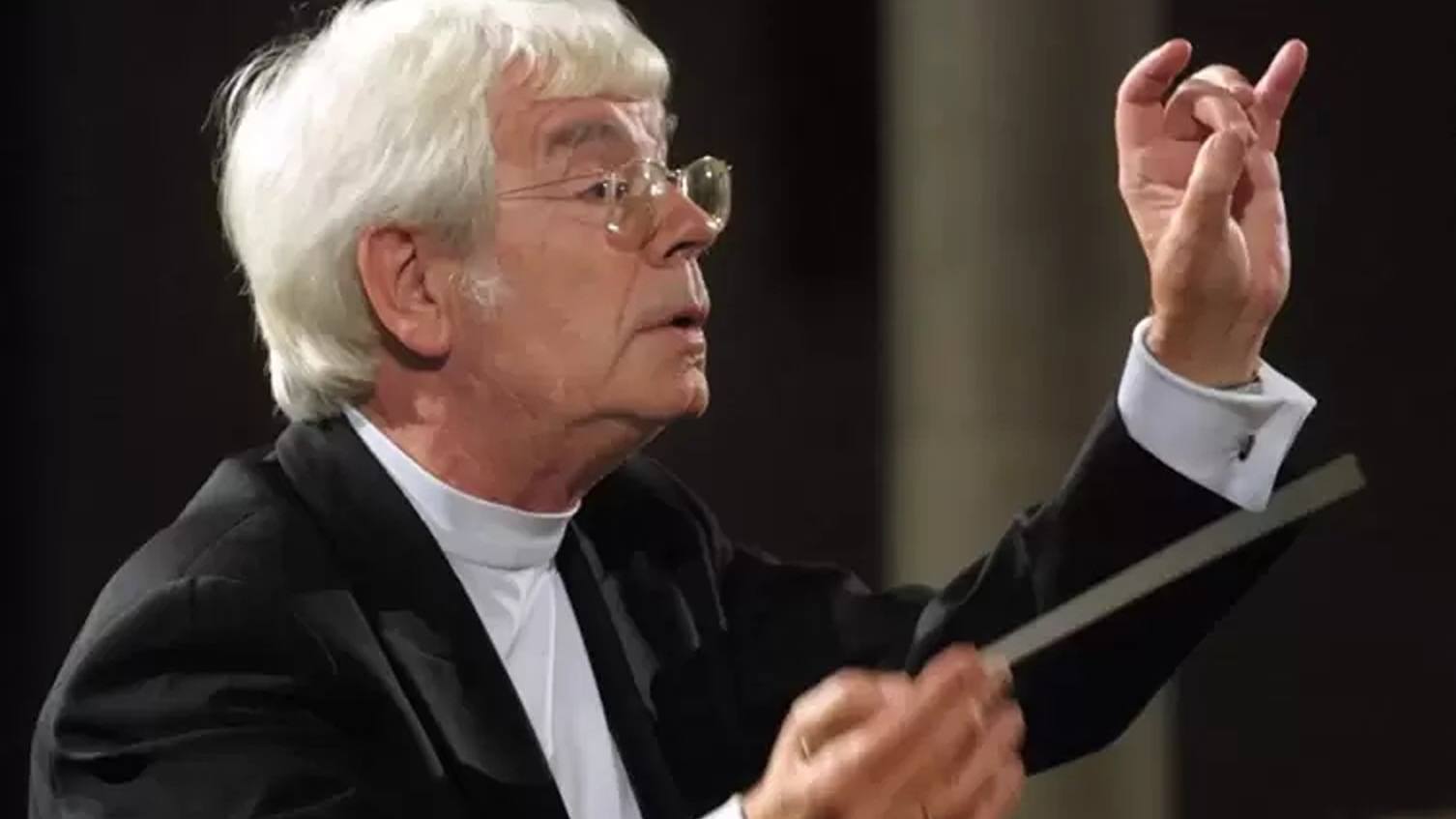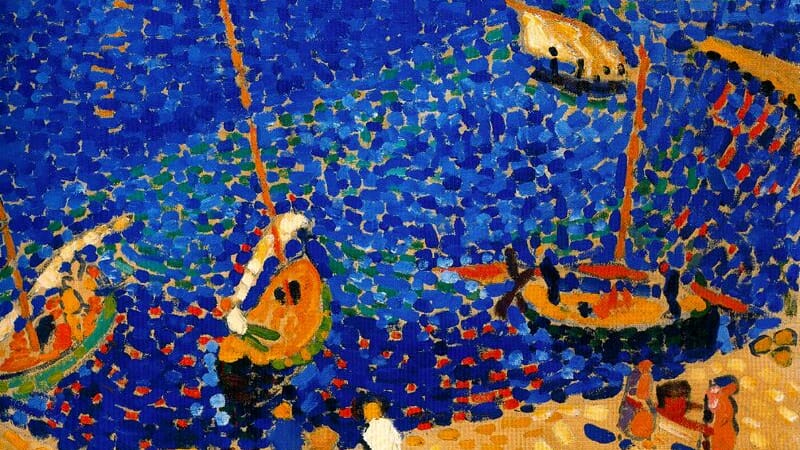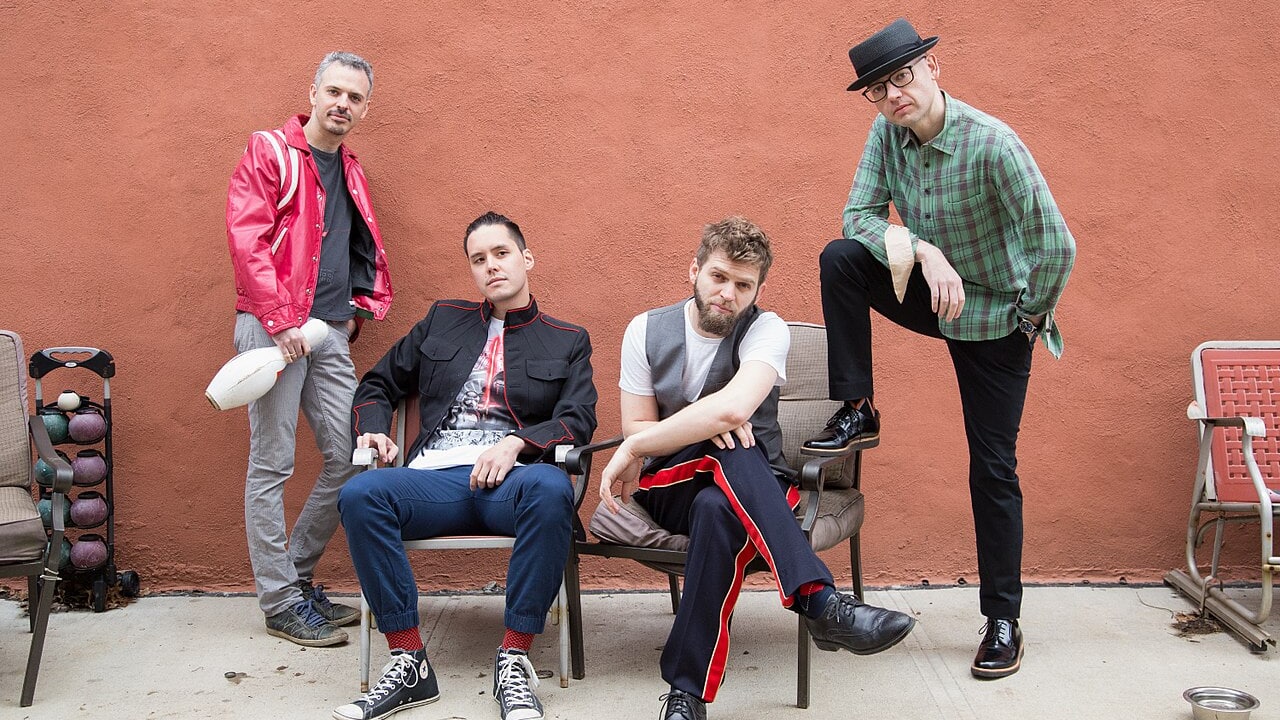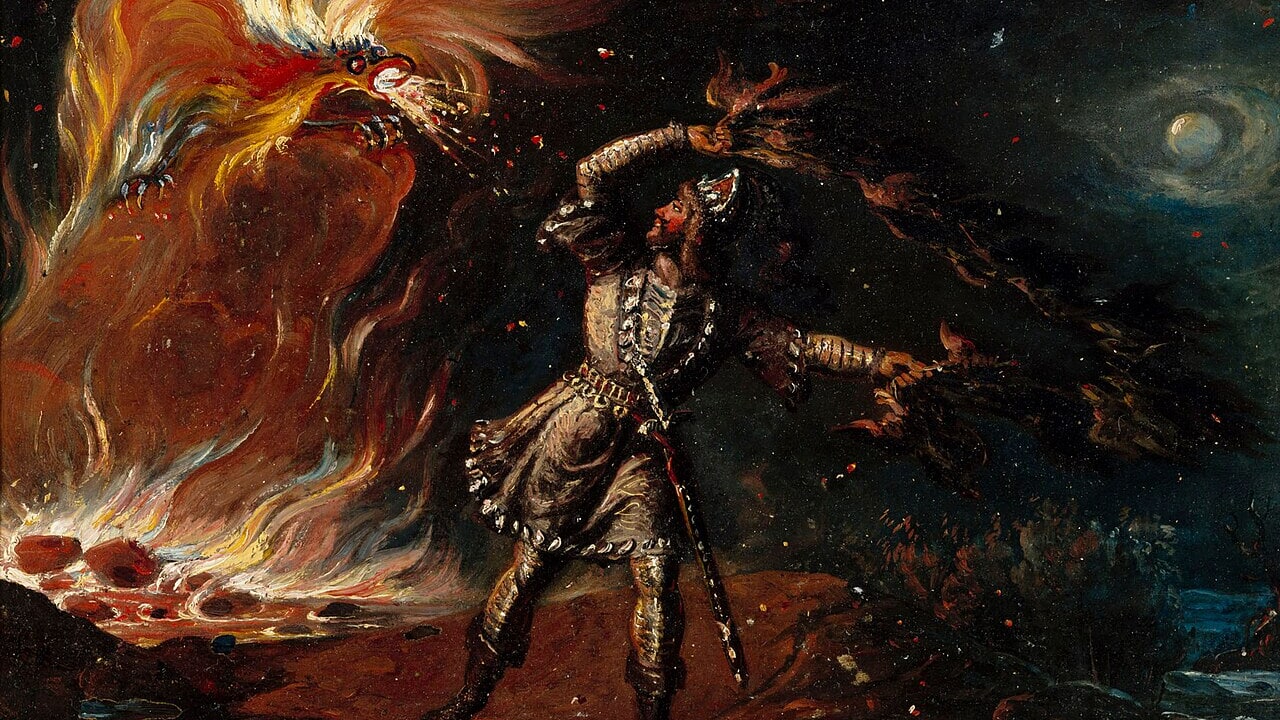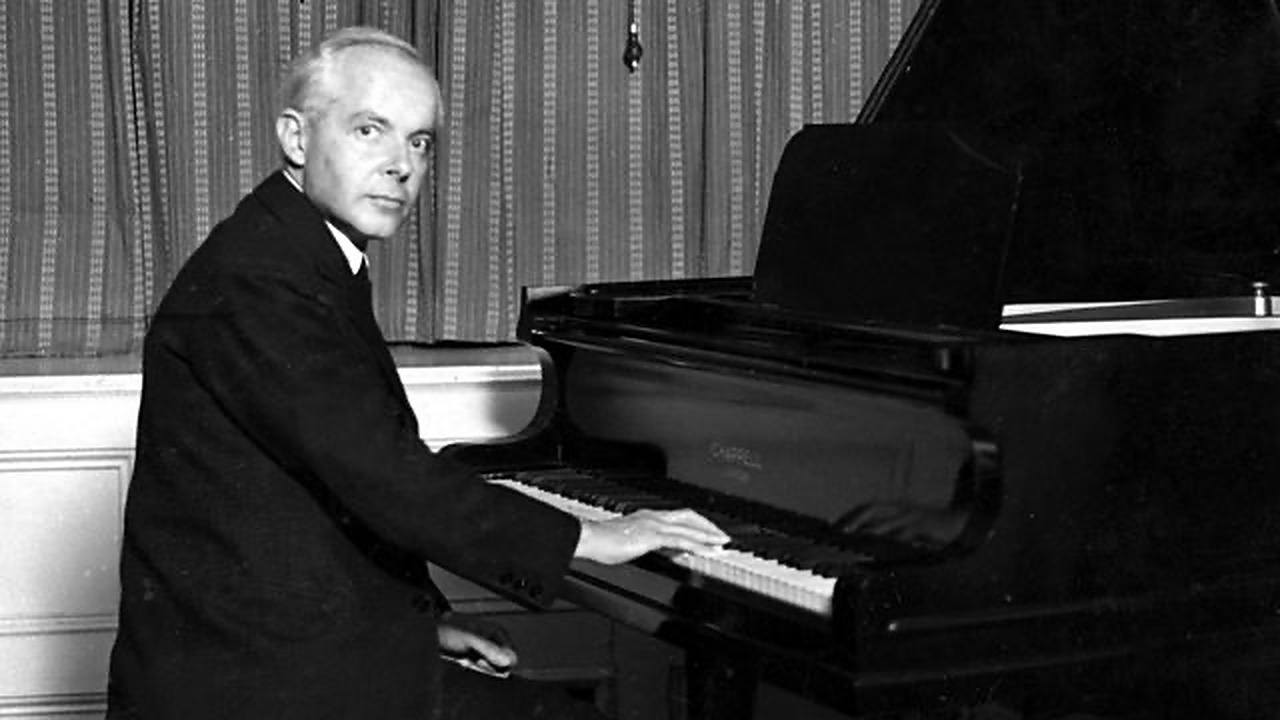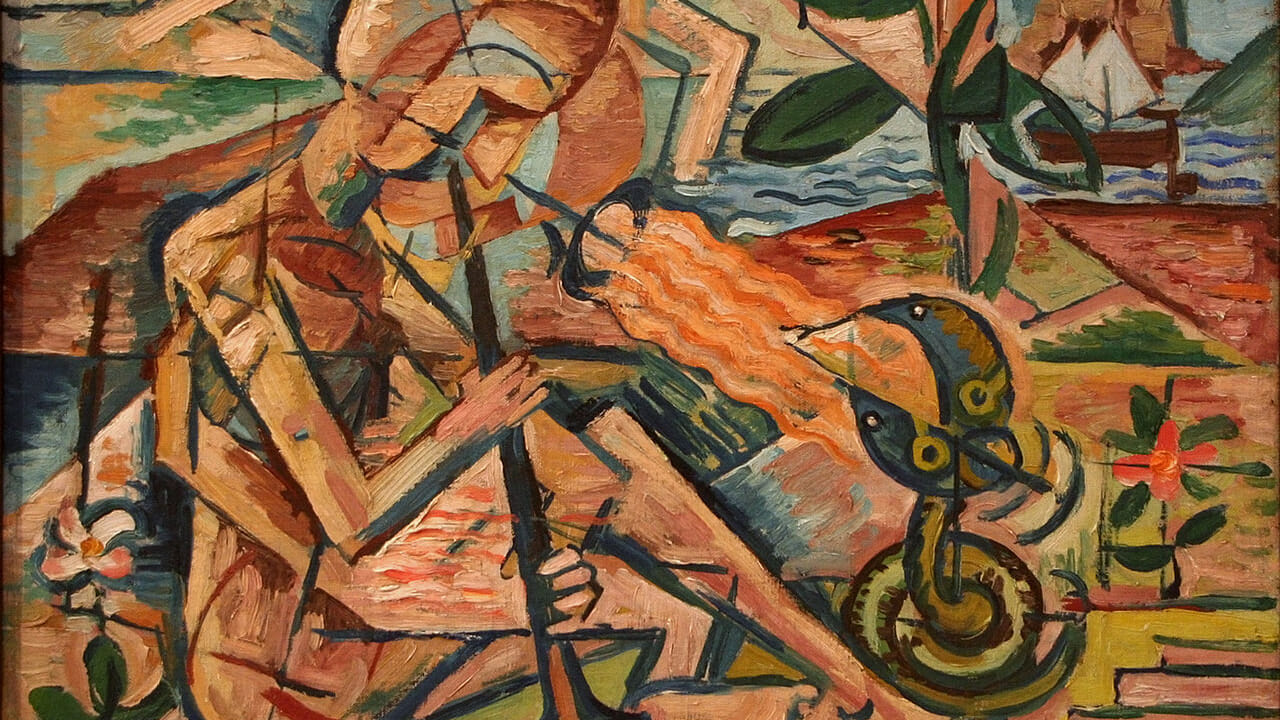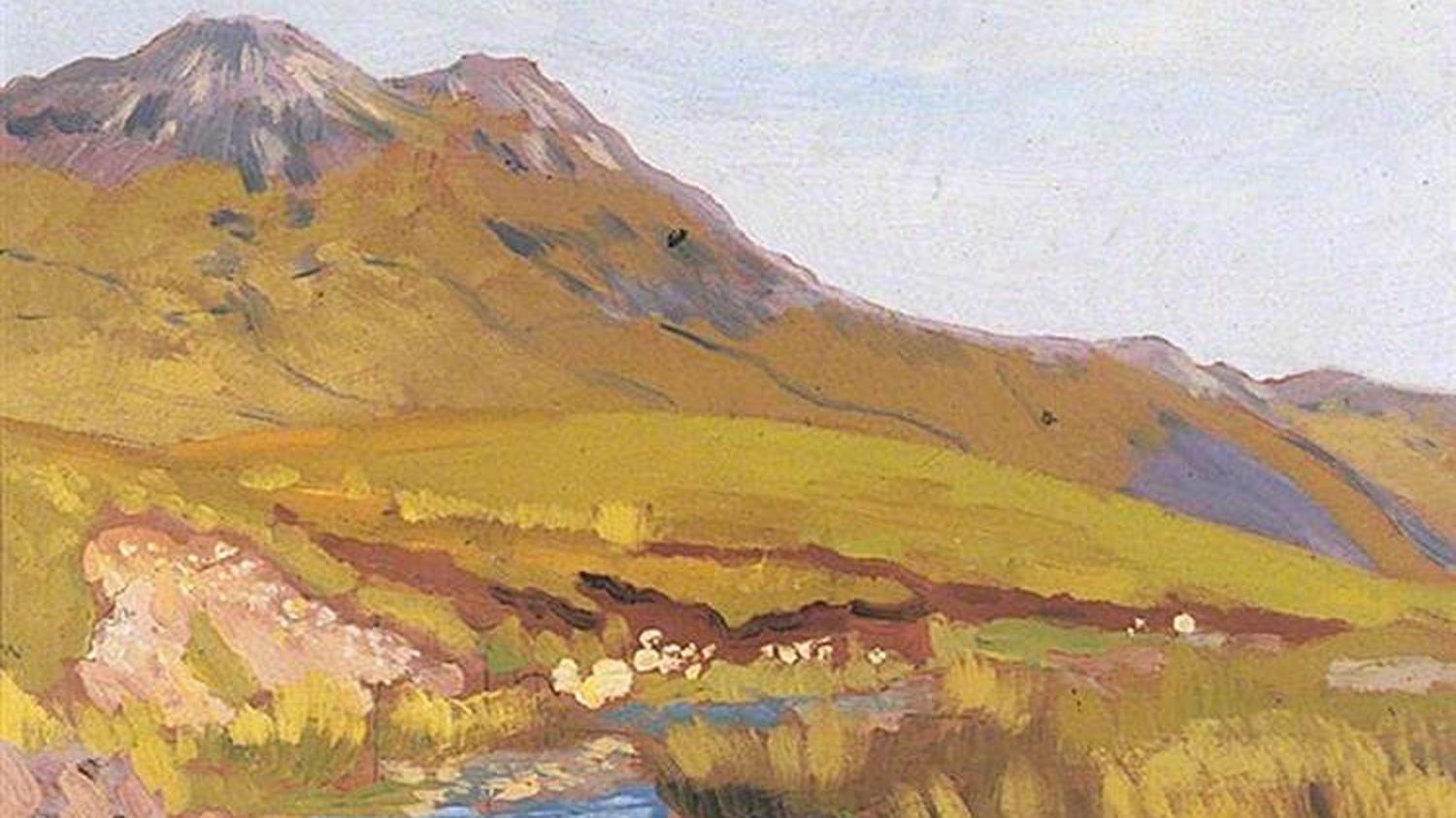Remembering Helmuth Rilling
Helmuth Rilling, an acclaimed German choral conductor and influential interpreter of Bach, passed away last Wednesday, February 11. He was 92. Rilling founded numerous ensembles including the Gächinger Kantorei (1954), the Bach-Collegium Stuttgart (1965), the Oregon Bach Festival (1970), and the Internationale Bachakademie Stuttgart (1981). He served as professor of choral conducting at the Frankfurt Musikhochschule from 1965 to 1989 and led the Frankfurter Kantorei from 1969 to 1982. “Music has to …

